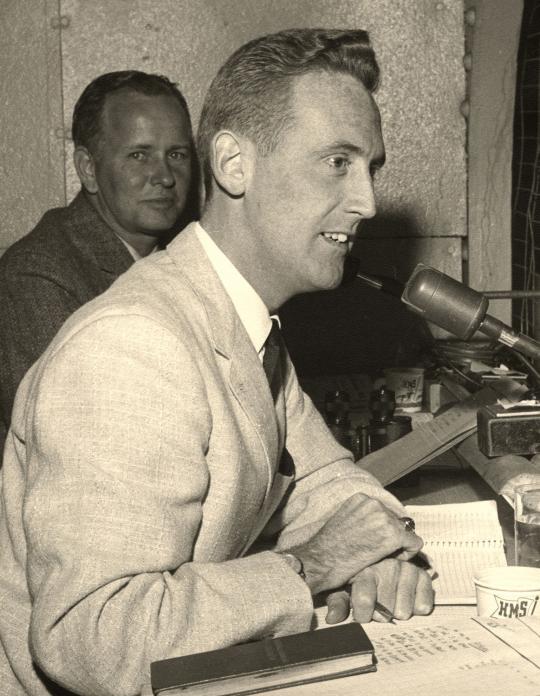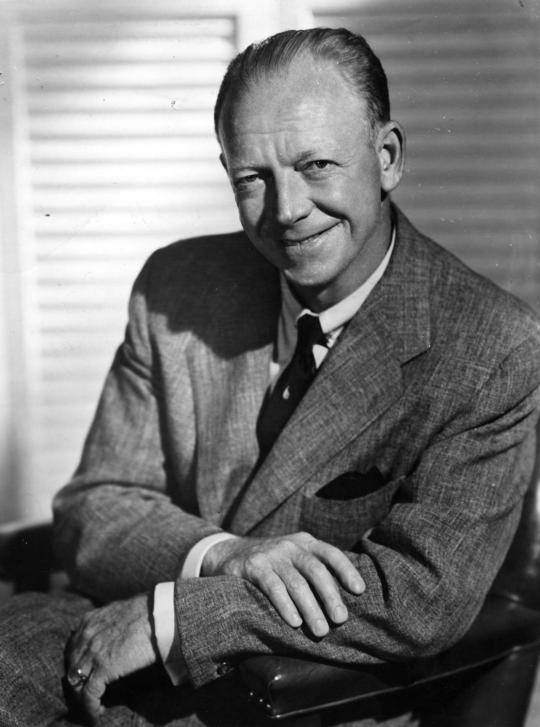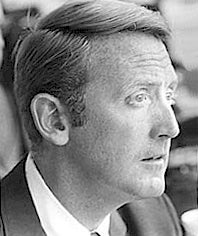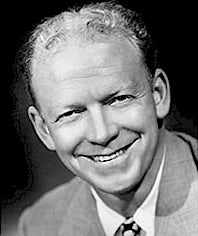- Home
- Our Stories
- Scully’s career covered many of the game’s greatest moments
Scully’s career covered many of the game’s greatest moments
Sandy Koufax’s perfect game, Hank Aaron’s 715th home run and Don Larsen’s World Series perfecto.
Kirk Gibson’s 1988 World Series home run, Wrigley Field’s first-ever night game and Fred Lynn’s All-Star Game grand slam.
These are some of the most memorable moments in baseball history, and they were all shared with the world by one legendary voice: Ford C. Frick Award winner and longtime Dodgers broadcaster Vin Scully.
Scully’s MLB broadcasting career, however, started with a game that wasn’t very exciting. On April 18, 1950, the young announcer took his place at the mic, alongside his mentor and broadcast stalwart Red Barber, in the press box at Shibe Park for Opening Day. It proved to be a clunker of a game, with the Dodgers falling to the Phillies 9-1. But within those two starting lineups were six players who would go on to be enshrined in Cooperstown.
Before breaking into the big leagues, Scully was a jack-of-all-trades broadcaster at Fordham University, where he briefly played on the baseball team. Fordham’s noncommercial radio station, WFUV, was founded during his sophomore year and, in between barbershop quartet rehearsals and classes, Scully called basketball, football and baseball games for the Rams.
After graduating with a degree in English, Scully provided college football coverage for CBS Radio and so impressed Barber, CBS’s then-Sports Director, that Barber took him under his wing and recommended him to be hired as the third member of the Dodgers broadcast team, alongside Barber and Connie Desmond.
The 1950 Brooklyn Dodgers, despite their talented roster, struggled early on in the season while the 22-year-old Scully worked to find his footing in the booth. The rookie was the same age as many of the young players in the clubhouse, and was treated similarly; riding in the back of the bus and filling in as needed.
“He sometimes treated me like a little boy,” Scully recalled of his early years with Barber. “The first day I went into the Ebbets Field press box he announced, kiddingly, that they had hired me to carry the bags.”
In one instance, that meant making the trek out to Michigan for an exhibition game. As the Battle Creek Enquirer wrote on June 1, 1950:
“The voice that identified the Dodgers players over the public address system during the game yesterday was Vin Scully’s. He assists announcer Red Barber on the regular Brooklyn baseball broadcasts. Barber bypassed Battle Creek and went direct to St. Louis. Scully, who enjoys donning a Brooklyn uniform and ‘warming up’ with the players, elected to stick ‘wid da Bums’ – even in exhibition.”
Scully’s star rose rapidly, though, and just three years after he was suiting up in Battle Creek, he took the mic for the 1953 World Series and became the youngest person to ever broadcast a World Series game. Viewers and listeners took notice of what the Sporting News described as “A casual, friendly manner that projects comfortably over the air. He stays alert and displays an unmistakable grasp of his subject.”
Scully would go on to call 19 more Fall Classics throughout his career.
When the Dodgers moved west in 1958, Scully did too, and he helped inculcate baseball fandom for millions of Southern Californians. In the team’s early years in Los Angeles, thousands of fans descended upon Memorial Stadium armed with transistor radios so that they could better follow the game and identify their new players. In fact, so many fans were listening to Scully’s broadcast that the sound engineering team struggled to ensure the on-field mics didn’t pick up too much of the feedback.
“In the six years that he has been in California,” wrote Sports Illustrated’s Robert Creamer in May of 1964, “Scully has become as much a part of the Los Angeles scene as the freeways and the smog.”
Dodgers GM Buzzie Bavasi echoed that sentiment years later in his memoir, "Off the Record".
“More than anyone, Scully made the Dodgers successful in Los Angeles. He was the biggest asset we had coming to California.”
As his baseball broadcasting career grew, Scully still kept himself busy in the offseason, calling tennis, golf and football telecasts for CBS from 1975-1982. His final NFL broadcast for CBS became one of the most memorable moments in football history, when Dwight Clark caught Joe Montana’s touchdown pass in the fourth quarter of the 1982 NFC Championship Game to send the 49ers to the Super Bowl.
When Vin Scully finally retired in 2016, at the age of 88, he did so as the longest-tenured, single-team broadcaster in professional sports history.
Isabelle Minasian was the digital content specialist at the National Baseball Hall of Fame and Museum
Related Frick Award Winners
Related Stories
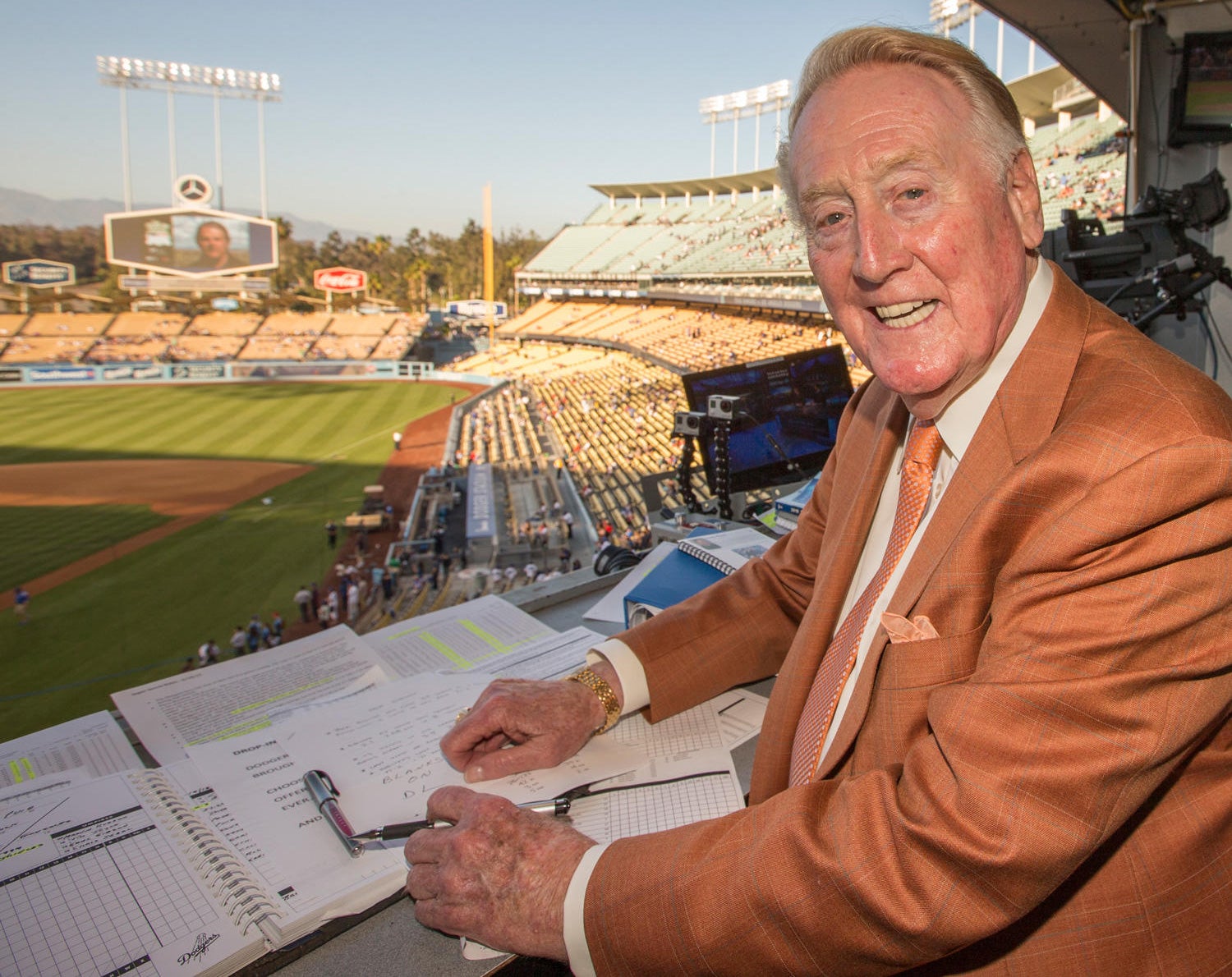
Vin Scully came to Cooperstown in 1951
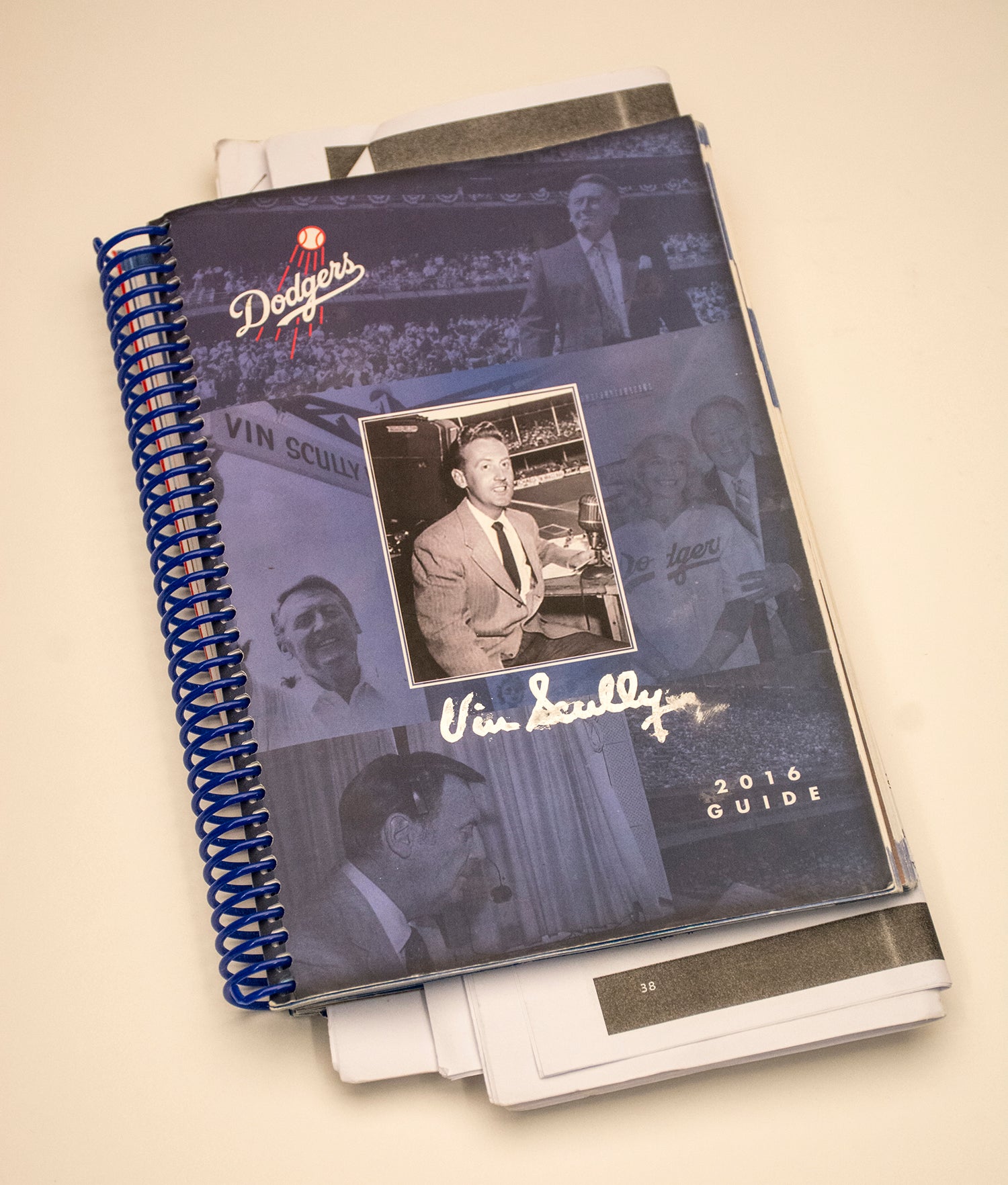
Vin Scully’s 2016 Dodgers Media Guide puts a 67-year long career into perspective
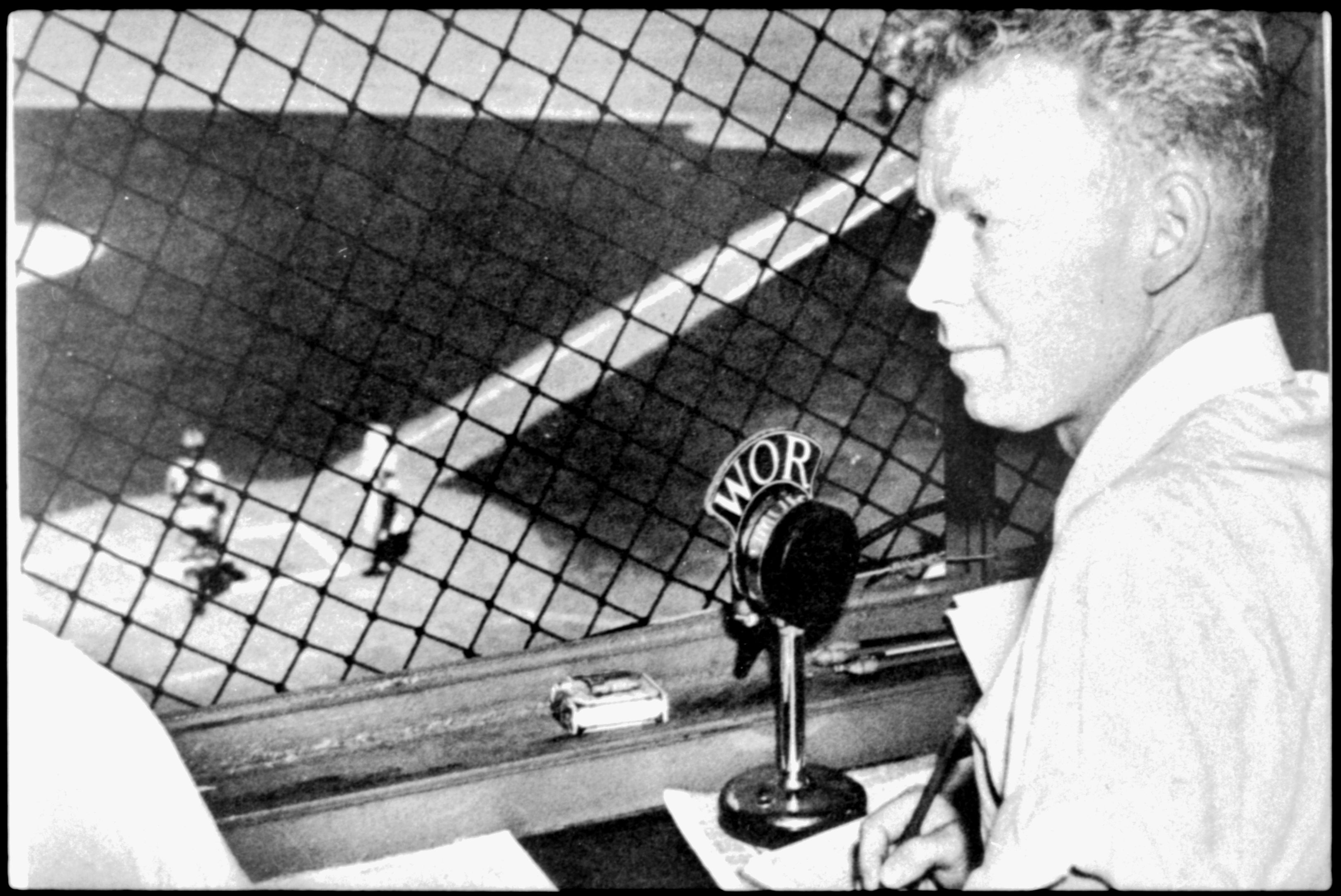
Red Barber made New York switch
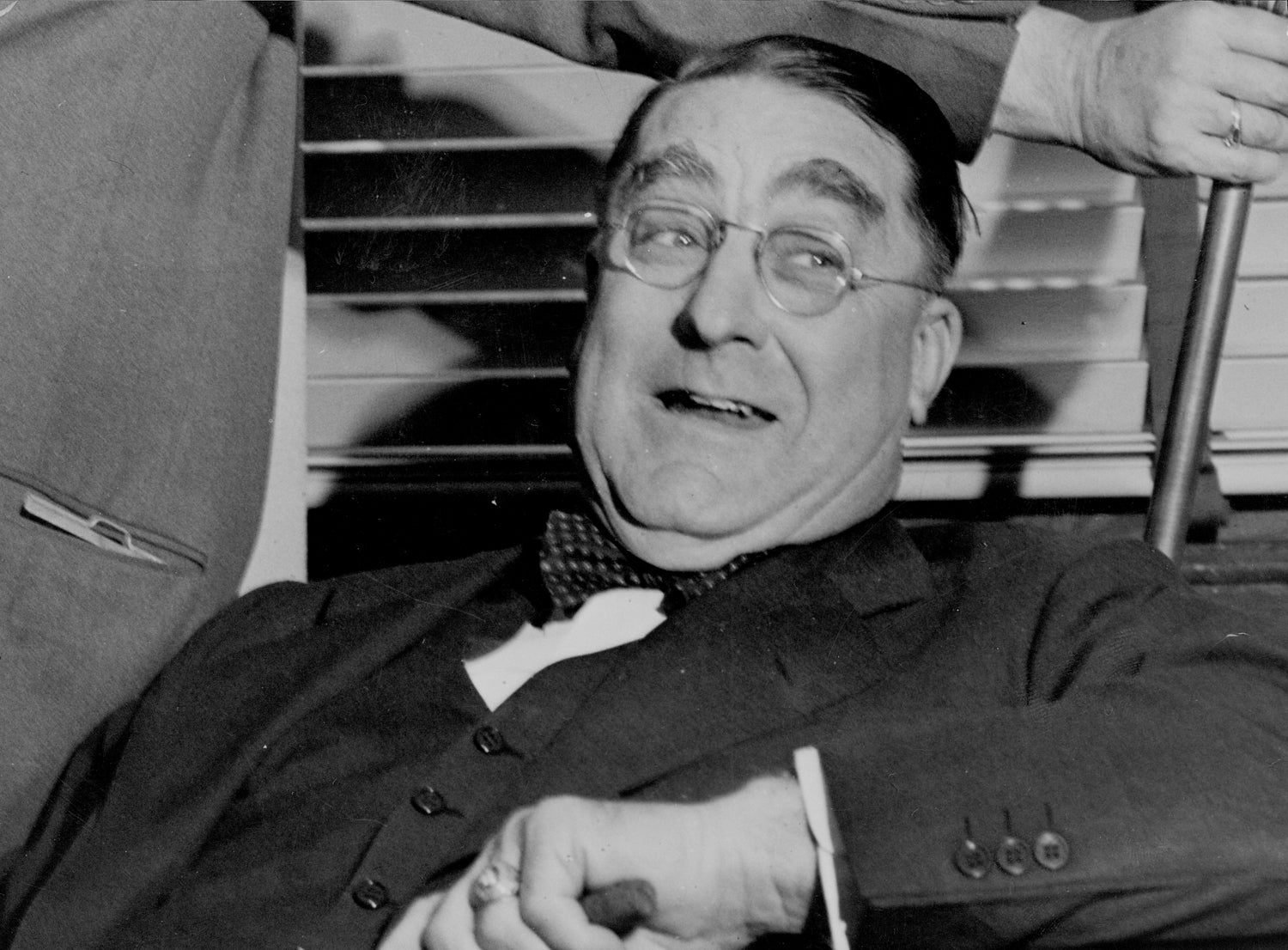
Branch Rickey takes control of the Dodgers

Vin Scully came to Cooperstown in 1951

Vin Scully’s 2016 Dodgers Media Guide puts a 67-year long career into perspective

Red Barber made New York switch


